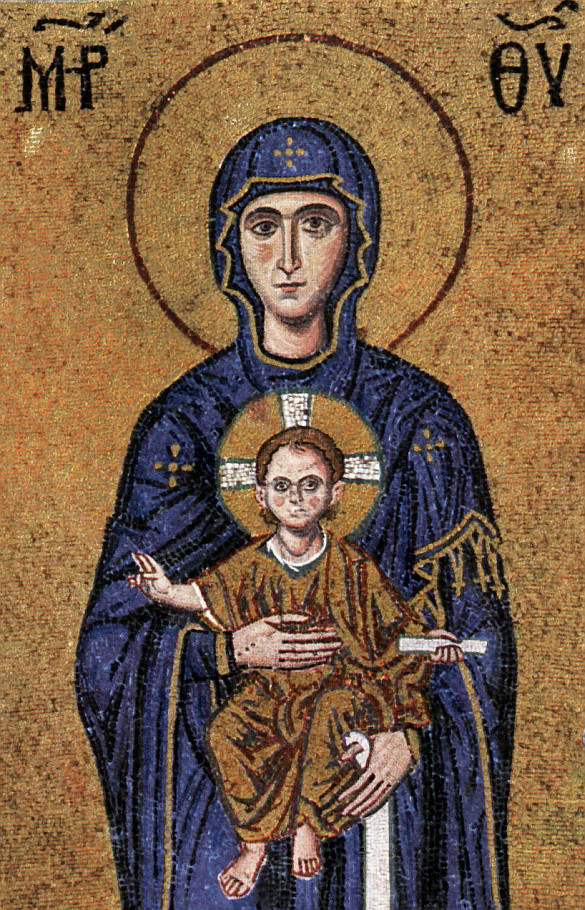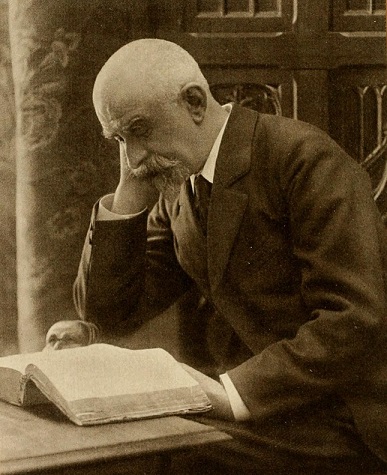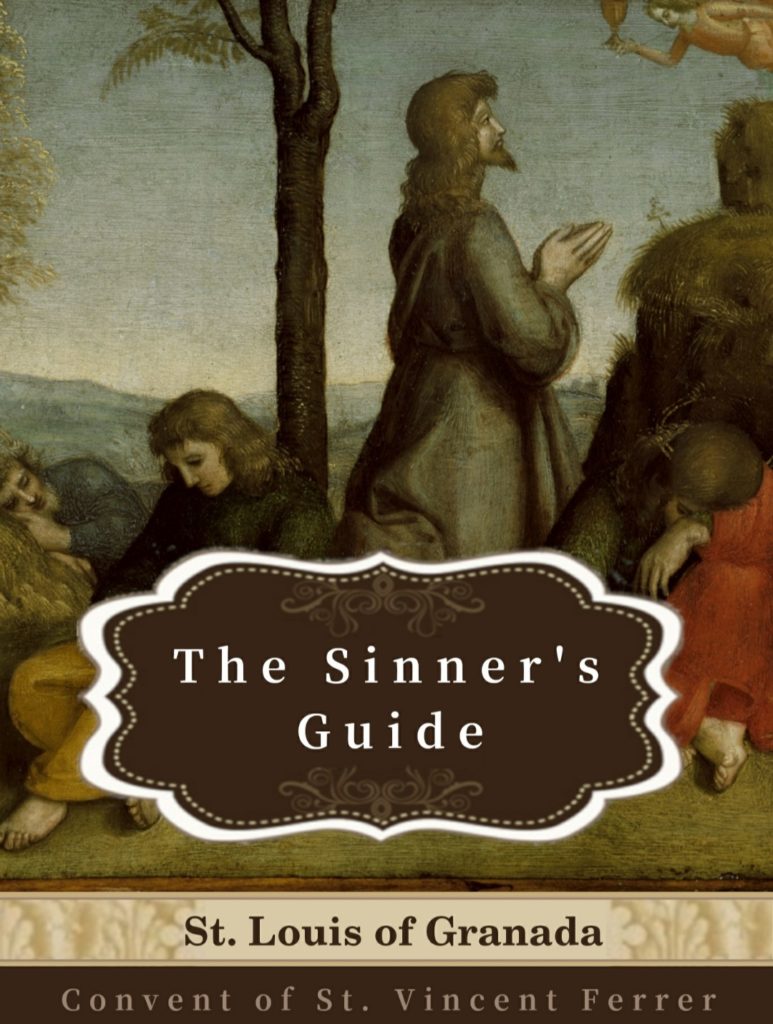St. John of Damascus writes:
“St Sophronius, Patriarch of Jerusalem, recounts in his ‘Spiritual Garden’ that Abbot Theodore Aeliotes told of a holy hermit on the Mount of Olives, who was much troubled by the demon of fornication.
One day when he was sorely tempted, the old man began to complain bitterly, “when will you let me alone? be gone from me! you and I have grown old together.”
He said this to the devil. The devil then appeared to him, saying, “Swear to me that you will keep what I am about to tell you to yourself, and I will not trouble you any longer.”
And the old man swore it. Then the devil said to him, “Do not venerate this Icon, and I will cease to harass you.”
The Icon in question represented Our Lady, the holy Theotokos, bearing in her arms our Lord Jesus Christ.
You see what those who forbid the veneration of Icons hate in reality, and whose instruments they are. The demon of fornication strove to prevent the veneration of Our Lady’s Icon rather than to tempt.







Recent Comments